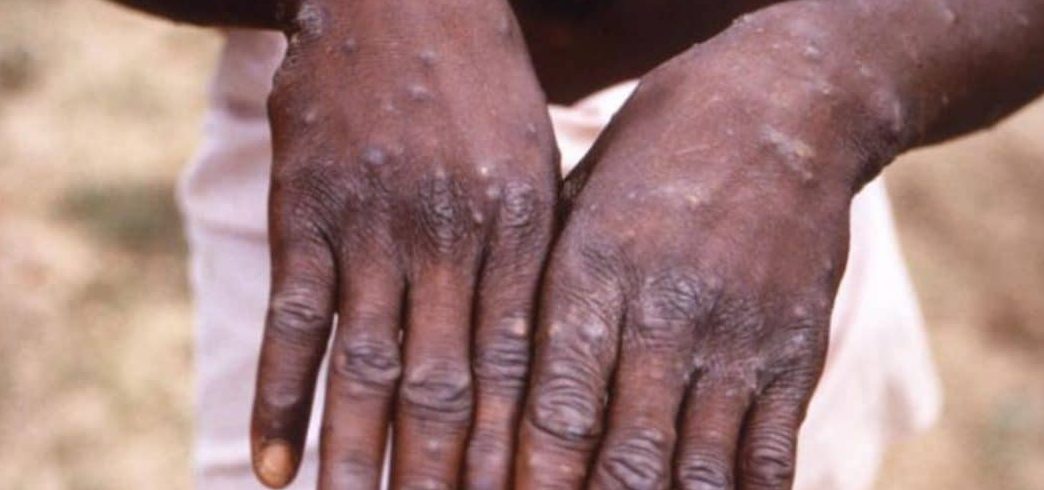Akwa Ibom State has recorded a total of five confirmed cases of Monkeypox (Mpox) between January and September 3, 2024.
Until the latest case of Mpox last week, the state had recorded four cases.
Samuel Etuk, the Disease Surveillance and Notification Officer in the State Ministry of Health, disclosed this during a Breakthrough Action-Nigeria event on Friday.
In his statement, Etuk wrote: “Good morning everyone. We have another positive case of Mpox, bringing the tally to five confirmed cases in the state.”
Etuk further reported that contact tracing for potential transmission had been conducted, and the affected individuals had been placed in isolation.
He noted that 10 community informants had been engaged per ward to monitor catchment areas. These informants report to health facility focal persons, who forward the information to local government disease surveillance and notification officers for onward reporting to the Ministry of Health.
Mpox spreads from animals to humans through zoonotic transmission and from human to human through direct or indirect contact with urine, feces, blood, sexual contact, broken skin, eyes, nose, mouth, skin lesions, or oral secretions.
The disease has an incubation period of 5 to 21 days, with symptoms including headaches, swollen lymph nodes, fever, back and muscle pain, fatigue, and rashes that typically start on the face before spreading to other parts of the body, such as the palms and soles.
Preventive measures include avoiding contact with animals (especially sick or dead ones) in areas where Mpox is confirmed, avoiding contact with infected persons, and isolating infected animals. Other preventive steps include regular handwashing with soap, hand sanitizing, thoroughly cooking meat before consumption, and wearing protective clothing and gloves when handling sick animals.
Etuk advised the public to report suspected cases at the nearest health facility or contact the Nigeria Centre for Disease Control (NCDC).

























